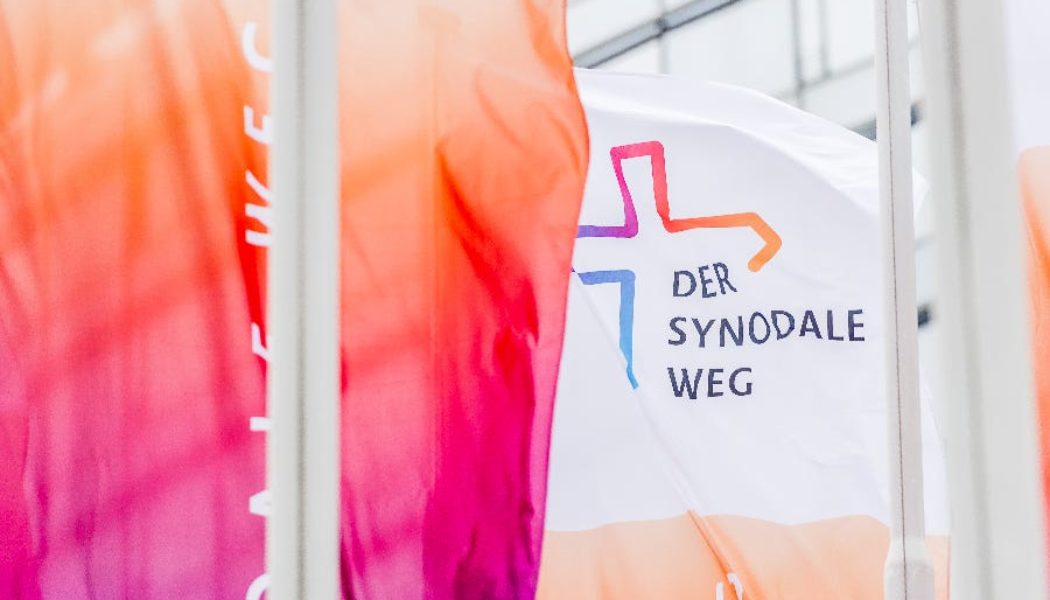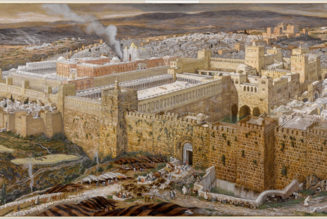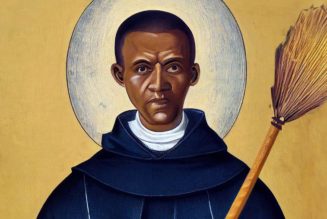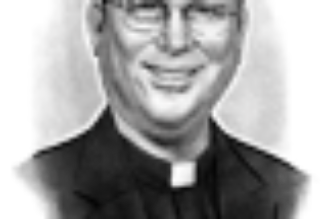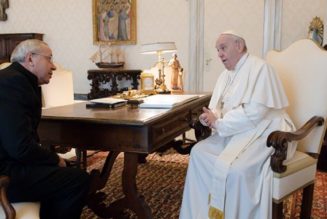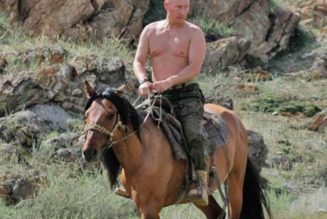In a recent address to members of Cologne’s archdiocesan council, Cardinal Rainer Maria Woelki offered a bleak portrait of the Catholic Church in Germany.
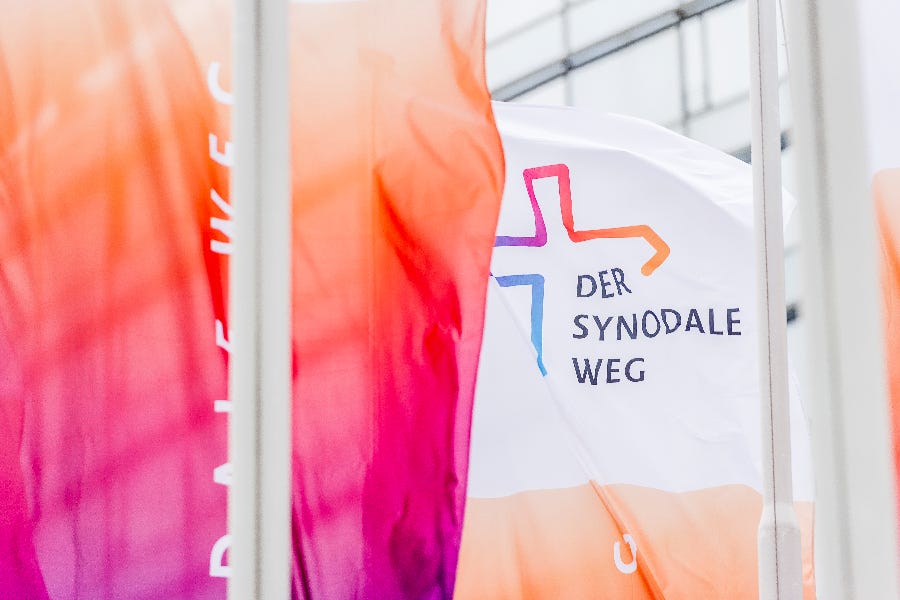
The country’s “synodal way,” he said, had proven to be far from synodal, at least as Pope Francis understands the term. Instead of listening respectfully to opposing opinions, participants literally held up red cards to speakers they disapproved of, making true dialogue impossible, he said.
“I have the impression that our Church in Germany is more polarized than ever,” Woelki commented. “There were already tensions before, we all know that. But now they are so strong that I am increasingly worried.”
But how deep are the divisions in the German Church? And are they any worse than internal Catholic divides in other countries?
The synodal what?
To grasp the current situation, it’s worth briefly reviewing the most significant developments of the past few years.
In 2019, the German bishops and the influential lay Central Committee of German Catholics (known by its German acronym, ZdK) jointly sponsored an initiative they called der Synodale Weg (the synodal way or path).
Over the next three years, the synodal way brought together the bishops and select lay people to discuss radical changes to the Church’s teaching and practice amid a demoralizing clerical abuse crisis and a mass exodus of German Catholics.
At five synodal assemblies from 2020 to 2023, participants produced 150 pages of resolutions calling for, among many things, women deacons, a re-examination of priestly celibacy, lay preaching at Masses, same-sex blessings, a revision of the Catechism on homosexuality, and a greater lay role in choosing bishops.
Among the synodal way’s boldest proposals was the creation of a “synodal committee” of bishops and lay people to ensure that resolutions are enacted in German dioceses and prepare the way for a permanent body called the “synodal council” in 2026.
The synodal council was presented in a synodal way resolution as a national “advisory and decision-making body” that would “take fundamental decisions of supradiocesan significance on pastoral planning, future perspectives of the Church and financial and budgetary matters of the Church that are not decided at diocesan level.”
Vatican officials said in January that the German Church had no authority to establish such a council, which they said would amount to a “new governance structure” that would be “above the authority of the German bishops’ conference and would in fact appear to replace it.”
Pope Francis cast doubt on the legitimacy of both the synodal committee and synodal council in a letter published in November this year, in which he voiced concern that elements in the German Church were taking steps “to steer it increasingly away from the universal Church’s common path.”
Leading German Catholic figures, meanwhile, insisted that the plan for the synodal way to be succeeded by the synodal committee and then the synodal council was intact, whatever signals to the contrary were coming from Rome.
Cracks in the conference
If, as Cardinal Woelki said, the polarization of the German Church was clear during the synodal way, it is arguably even more evident now with the synodal committee.
After the synodal way ended in March, organizers sought financing for the committee. But the obvious source of funding — the Association of the Dioceses of Germany (VDD), a legal entity of the bishops’ conference — required the bishops’ unanimous agreement.
In June, four of Germany’s 27 diocesan bishops vetoed the move, leaving the synodal committee struggling to secure backing right up to its first meeting in November. (It is likely to be funded by an association underwritten by the dioceses of Munich-Freising, Münster, Limburg, and Würzburg.)
The four objectors — Cologne’s Cardinal Woelki, Regensburg’s Bishop Rudolf Voderholzer, Passau’s Bishop Stefan Oster, and Eichstätt’s Bishop Gregor Maria Hanke — also refused outright to participate in the synodal committee.
The bishops’ withdrawal posed a challenge to the committee’s legitimacy. After all, the body was supposed to have 74 members: The 27 diocesan bishops, 27 delegates chosen by the ZdK, and 20 elected by synodal way participants.
But the body no longer has a numerical balance between bishops and ZdK members. And its initial meeting suggested that the ZdK had the upper hand. The body threw out the synodal way’s standard that resolutions were only valid with the support of two-thirds of bishops, in favor of a simple two-thirds majority rule. This means that the remaining 23 bishops will be unable to form a blocking minority.
In total, eight out of Germany’s 27 bishops did not take part in the committee’s first session. The other four had prior commitments, but it’s noteworthy that they didn’t prioritize the meeting — a potential indicator of committee fatigue or episcopal indifference.
Legitimacy questions
Bishops’ conference chairman Bishop Georg Bätzing and ZdK president Irme Stetter-Karp struck an upbeat tone at the end of the synodal committee’s inaugural meeting. But questions about its legitimacy aren’t going away.
In a 3,500-word reflection on the German reform process, published on his website Dec. 3, Bishop Stefan Oster explained why he wanted no part in the synodal committee. The bishop of Passau in Bavaria presented a similar account of the synodal way to Cardinal Woelki’s, saying that it was marked by “loud emotionalization, polemical insults, and disruption of speeches by representatives of conservative minorities.”
Oster suggested that the withdrawal of several conservative-minded participants from the synodal way before it ended, combined with the results of the election of 20 members to the synodal committee, showed that the “minority that is more strongly oriented towards the Magisterium and desires a different reform orientation than the mainstream would basically no longer be represented” in the new body.
Oster also noted that the synodal committee had adopted statutes and rules of procedure at its first meeting.
“These state that the German bishops’ conference, together with the ZdK, is responsible for the synodal committee,” he wrote. “I would at least like to ask whether this is legally correct, as in the past the German bishops’ conference has only been the sponsor of a common cause if it was in association with the VDD, which provides personnel and financial resources.”
“So if four dioceses are not involved in the sponsorship of the synodal committee and therefore the VDD is not its sponsor either, how can the ‘German bishops’ conference’ as a whole be the sponsor? On what legal basis?”
“Furthermore,” he went on. “I am repeatedly told that I am automatically a member or have the ‘right to membership’ of the synodal committee by virtue of my office as a diocesan bishop. However, I have expressly said that I neither see myself as a member nor do I exercise this ‘right’ granted to me (on what legal basis?).”
“This granted ‘right’ therefore seems to me to be more of an appropriation in order to maintain the claim that the German bishops’ conference as a whole is actually the body responsible for the synodal committee. In my opinion, it is not, unless at least all diocesan bishops are prepared to assume this sponsorship.”
Eyes on Augsburg
Oster’s dubia about the synodal committee may be answered in February, when the German bishops hold their next plenary assembly, in Augsburg (a city that gave its name to one of the most significant documents of the Protestant Reformation). There, the bishops are expected to be asked to endorse the synodal committee’s statutes, following their approval at a plenary meeting of the ZdK in November.
The majority of German bishops are likely to support the statutes. After all, they already did so in their capacity as members of the synodal committee. But the minority is certain to oppose the step.
The minority will likely object to any statement that says “the bishops’ conference has approved the synodal committee’s statutes.” Perhaps, as they have done before concerning the synodal council, they will request arbitration from Rome.
If so, the committee will face a true test of its legitimacy just as it is getting off the ground.
Tipping the balance?
Meanwhile, the starkly divided German hierarchy has arrived at an interesting point.
Four of the country’s 27 dioceses are currently without a shepherd: Bamberg, Osnabrück, Paderborn, and Rottenburg-Stuttgart. Rome has shown no urgency in filling these vacancies, the longest of which dates back to October 2022, but is expected to end Dec. 9 with the appointment of a new Archbishop of Paderborn.
If the Vatican appointed four new bishops who were opposed to the synodal committee, the internal dynamics of the German bishops’ conference would shift considerably. The opposition would remain a minority, but its strength would have doubled.
Such a scenario is possible but unlikely, given that bishops’ appointments work differently in Germany than in most other countries. Take the Diocese of Osnabrück, which was led until March this year by Bishop Franz-Josef Hermann Bode. Bode, the bishops’ conference’s vice-chairman, was one of the four chief organizers of the synodal way and a vigorous spokesman for its agenda.
The procedure for appointing Bode’s successor must follow the rules established by the Prussian Concordat of 1929, according to which the cathedral chapter sends a list of candidates to the apostolic nuncio to Germany, who passes it on to the Vatican after an initial check. The Holy See then draws up a terna of three names that it sends back to the chapter, which elects one of the candidates as the new bishop in a secret ballot.
The chances of a candidate with a radically different outlook to Bode’s making it through the selection process are therefore slim. The pope could, of course, attempt to force through an appointment. But that would likely provoke an outright confrontation of the kind that the Vatican is probably keen to avoid given previous experiences in the German-speaking world.
Rome’s best hope
Rome is likely to continue to prefer less direct ways of reorienting the German bishops’ reform path.
A series of meetings between Vatican officials and bishops’ representatives are planned for January, April, and June next year. Rome will no doubt be hoping it can use the talks to convince the majority of bishops to postpone any controversial initiatives until after the second and final session of the global synod on synodality in October 2024 (if they can, given the synodal committee’s rules).
The Vatican has long held out hope that it can harmonize the German synodal way with the global synodal process. But as Oster noted in his essay, the global process has received little attention in Germany, in comparison with the homegrown project.
Oster, who was chosen by the pope to participate in the synod on synodality, said he was very pleased to attend the Rome assemblies and get a better grasp of what Pope Francis means by synodality.
“And I am very motivated to help make the Church more synodal in our country too. We are already trying a few things in the Diocese of Passau,” he wrote. “I have considerable doubts as to whether the synodal council in Germany, which is to be planned by the synodal committee, can be a helpful instrument for this, precisely because it is nevertheless being planned against the explicit objections of Rome.”
“However, I do not want to rule out the possibility that there may still be a way of joining the synodal process of the universal Church.”
Most of the world’s bishops’ conferences are divided in some way. Some are split along classic liberal-conservative lines, others by region. Others still are fractured by disagreements over the allocation of resources or by a reluctance to give up assets, such as half-empty local seminaries in favor of a combined institution in another diocese.
But in few bishops’ conferences are the divisions as institutionalized as in Germany’s following the creation of the synodal committee.
Comments 12
Services Marketplace – Listings, Bookings & Reviews
